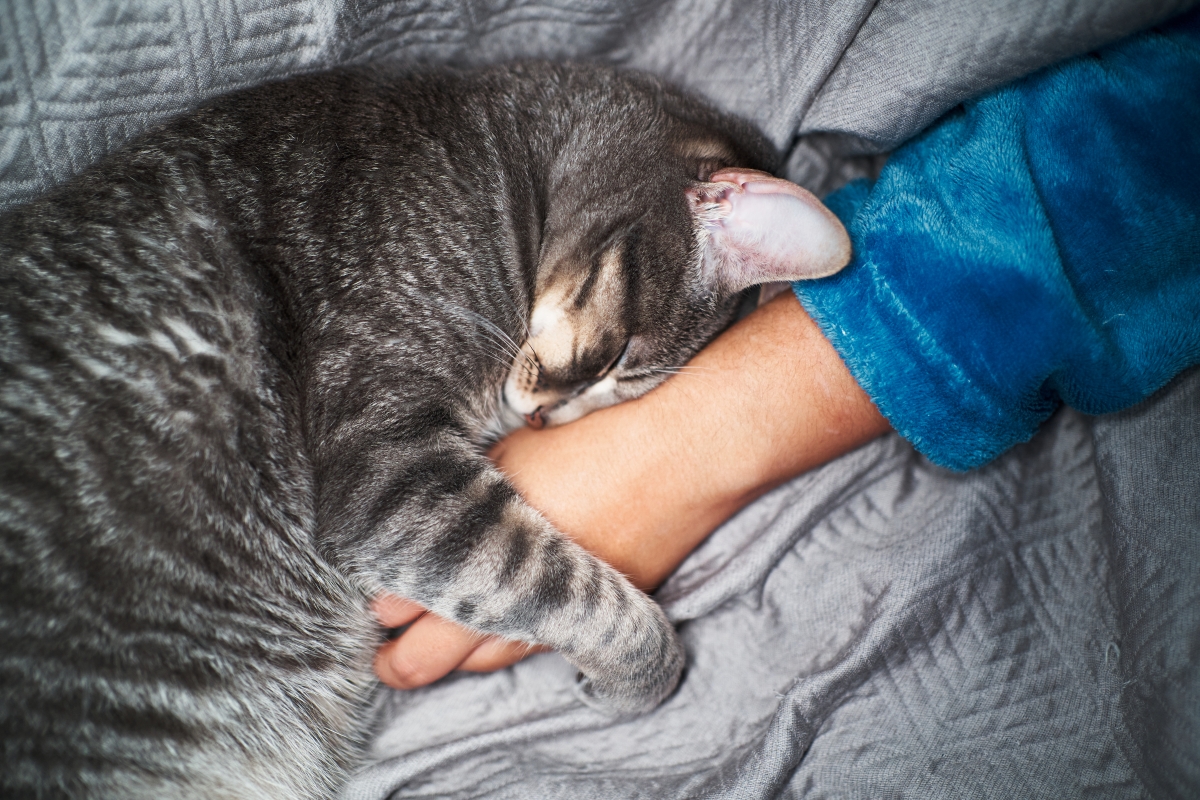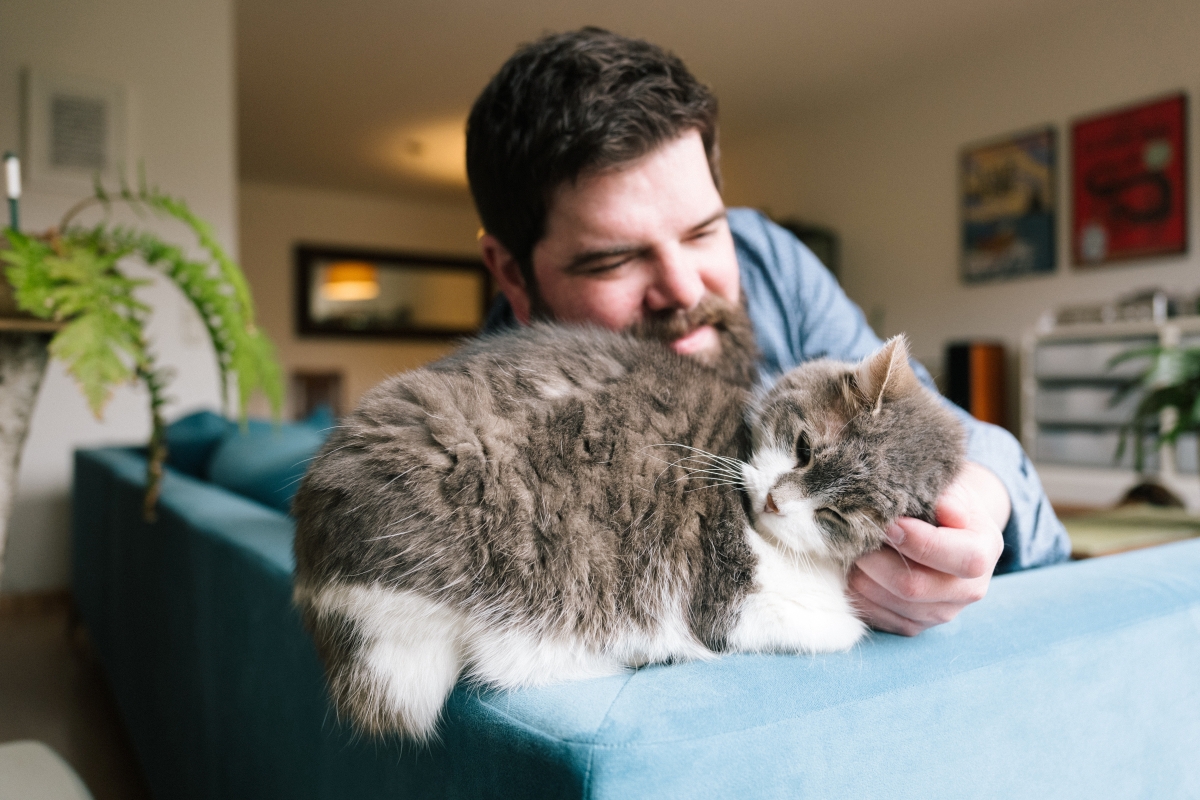How to help a stressed cat
Is my cat stressed?
What is causing my cat to feel stressed?
How can I help my cat?
Regulatory constraints and medical practices vary from location to location. Consequently, the information provided on the site in which you enter may not be suitable for use at your location.






















Cats may act like they live life on their own terms, but they still need looking after – and understanding your cat's behaviour can help you to give them the best care possible. Our vet-approved content has been created to help you better understand your cat's health and their behaviours, so that you can keep them happy and healthy for years to come.

Is my cat stressed?
What is causing my cat to feel stressed?
How can I help my cat?

As a loving cat parent, you want to do everything you can to keep your feline friend happy and healthy. Managing your cat’s weight is one of the most important things you can do for their overall health.In this article, we'll share seven simple steps you can take to keep your kitty in tip-top shape. By the end, you'll know why it's so essential to manage your cat's weight – and the best ways to do it.
Are they having trouble sleeping, or not quite jumping or playing like they used to? Perhaps they seem a bit more irritated than usual? Changes in your cat's behaviour could be a sign of arthritis pain, which most commonly affects cats over the age of six, but may start earlier*.

Osteoarthritis (OA), also known as arthritis, is a disease that means ‘inflammation of the joint’. It is believed that 80% of cats over the age of 10 years old1, and as many as 90% by 12 years old2, will experience OA in one or more joints – however it’s a relatively under treated and under recognised condition in cats – why? The reason may be because cats express chronic (long term) pain in such a subtle way that it can be difficult for an owner to pick up on it.

Has your cat started slowing down a bit now they’re getting older? Or perhaps they prefer snoozing in the sunshine all day instead of racing around outside? Has your cat become a bit grumpy with you lately?

Learn more
References
* Slingerland LI, Hazewinkel HA, Meij BP, et al. Cross-sectional study of the prevalence and clinical features of osteoarthritis in 100 cats. Vet J 2011;187(3):304-309.